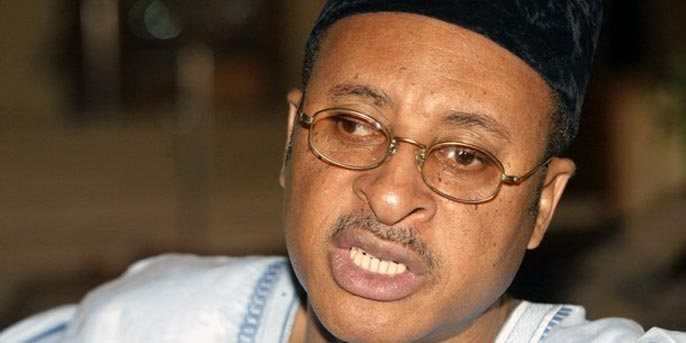Technocrats, educationists and others are to converge at the University of Lagos to discuss the possible unrealistic features of the Sustainable Millennium Development Goals (SDGs) as regards education.

Political economist, Pat Utomi; legal luminary, Chief Femi Falana; and Mrs Folashade Adefisayo, Principal Consultant and Chief Executive Officer of Leading Learning Ltd., are among the speakers.
The Africa Education Conference – the maiden edition – is being organised by the Association for Formidable Educational Development (AFED).
The AFED National President, Mr Orji Kanu, made the disclosure on Monday, July 15, 2019 at a news conference in Lagos.
Kanu said that the conference, tagged “The SDGs Education Target: Facts and Fictions”, would hold from July 25 to July 26.
He said that the conference would address the multi-faceted problems confronting the education sector.
Kanu said that AFED was an umbrella of low-cost paying schools in Africa with quest to make quality education accessible to all, in line with the UN action plan on education.
According to him, the UN is doing its possible best to put machineries in motion to actualise SDGs 4 – Education targets – with focus on building responsible citizens through education.
“The target indicator of the SDG intends to have all girls and boys complete free, equitable and quality primary and secondary education by 2030, to help children have the ability to access any other higher form of education that are available in order to attain full functional members of the global community.
“Other indicators as captured include scholarship, quality teachers, elimination of disparities, ensuring literacy and numeracy for everyone.
“As novelty as these development goals and the targets are, attention must be focused on some critical variables, which may make these targets unachievable.
“AFED will be converging the Africa Education Conference, the first of its kind, to address the multi-faceted problems facing education by x-raying facts about the SDGs and its possible unrealistic features,” he said.
Kanu said the position of Nigeria, as the most populous black nation, in the scheme of things around the world could not be over-emphasised.
He added that Nigeria’s education development should not be subjected to wishful but conscious thinking by everyone in the sector.
He said Nigeria with its about 250 million population had out-of- school children more than the population of some countries.
He said it was, therefore, important to address the issue with sincerity.
“It is a fact that there is increase in school age population. It is a fact that this has led to increased number of out-of-school pupils/ students in Nigeria and its Sub-Saharan neighbourhood.
“These facts and many more may make it difficult for the 2030 target to be achieved.
“We think the UN, as a credible organisation, should not talk about targets without supporting member nations with innovative ideas such as low-fee paying education system that can help in achieving the SDGs.
“We, therefore, implore the UN and other international organisations to reconsider their stand in the belief that only state-owned and managed schools could be efficient in achieving the SDG targets.
“We want them to reconsider partnering with non-state actors such as AFED to make these objectives achievable in time,” he said.
Kanu urged the general public to show concern for giving quality education to the African child.
“It is high time the UN and other organisations supporting education development in the sub-Sahara Africa changed their stand on state-owned and low-fee schools.
“We wish to use this opportunity to inform and invite representatives of the UN bodies in Nigeria, World Bank, the British Council, the president, governors, houses of assembly committees on education and other stakeholders, to the maiden edition of the Africa Education Conference.
“Now is the time for all of us to act. We need to work together to change the narrative,” he said.
By Olayinka Olawale
